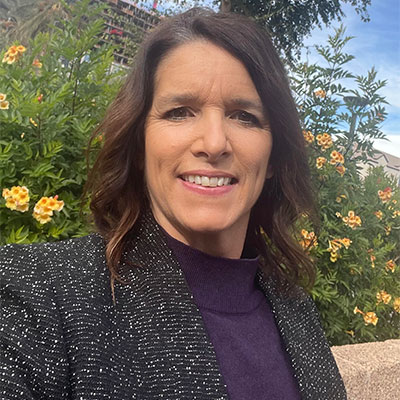Want to share your story? Contact us and we’ll be in touch.
The following, as conveyed by Shauna Mangum, is slightly edited for formatting and style.
Tell us about your beginnings with Gaucher disease. How did you learn about it?
 My earliest symptoms were very frequent nosebleeds.
My earliest symptoms were very frequent nosebleeds.
My parents always had to make sure they had a large supply of tissue in case my nose started bleeding. I also had bone pains, which I was always told were growing pains. In young adulthood, I was hospitalized because of bleeding issues and a very low platelet count. I also learned I had an enlarged spleen and liver.
Over the next 5 years, I had to undergo many blood tests, a bone marrow biopsy, and finally a liver biopsy before I was diagnosed with Gaucher disease type 1. It took several months to see a specialist where I also learned that the fatigue and bone pain I experienced were also symptoms of GD1.
At this time, I learned there was a new treatment available, but since it was so costly, it wasn’t going to be the right option for me. Day-to-day management from this point was to have my blood checked regularly and avoid contact sports.
Many years later, I was able to see another specialist, Dr. Pramod Mistry, who recommended I start treatment. I received treatment every two weeks and followed up with my specialist about once per year to complete all the tests to monitor my GD1. When SRT became available, my specialist recommended I try this new treatment, which has been a great experience.
How did you get connected with the National Gaucher Foundation?
Shortly after my initial diagnosis, I was fortunate to be able to attend a small Gaucher patient conference. This was where I was able to meet other people who have GD1 and discuss their symptoms and treatments and learned about other specialists across the country.
I learned there were so many similarities but sometimes differences between everyone with GD1. I finally felt like I was not alone in this struggle.
I also learned about the National Gaucher Foundation at this time. When I signed up, I was sent important information about GD1, including inheritance, treatment, and disease management in the mail. This was back when the Internet was not developed like it is today, so it was hard to access information about this rare disease.
About every 3 months, a newsletter was sent in the mail and featured a patient or family, provided information about new studies, or provided tips on exercise or nutrition. Since I was one of a handful of patients in my state, this helped me feel connected to others. This information helped me gain knowledge so I could make informed decisions regarding my health. Since many healthcare providers have minimal knowledge of GD1, it was important that I try to fill in the gaps when I needed healthcare services. This also peaked my interest in healthcare and inspired me to become a nurse.
As my journey has continued, I decided to pursue a PhD in nursing with a focus on rare disease research.
What message do you want to share with patients and families that are just beginning their Gaucher journey? Are there any lessons you’ve learned that you think they should know?
The most important information I would share is to learn as much as possible about Gaucher and to speak out to discuss with your healthcare providers what is best for you. It is important to be an advocate for yourself or your family member as well as advocate for the Gaucher community.
Is there anything that you think the general public should know about Gaucher disease and the greater Gaucher community?
It is challenging to live with Gaucher disease. We face many issues beyond our health, including access to treatment, insurance issues, and additional costs associated with living with a rare disease.
If you could describe the Gaucher community in a few words or phrases, what would you say?
The Gaucher community is filled with so many people who are supportive of each other. Whether it be sharing stories or discussing symptoms and treatments, we have so much to learn from each other and it’s beneficial to feel connected through the shared challenges of living with Gaucher disease.